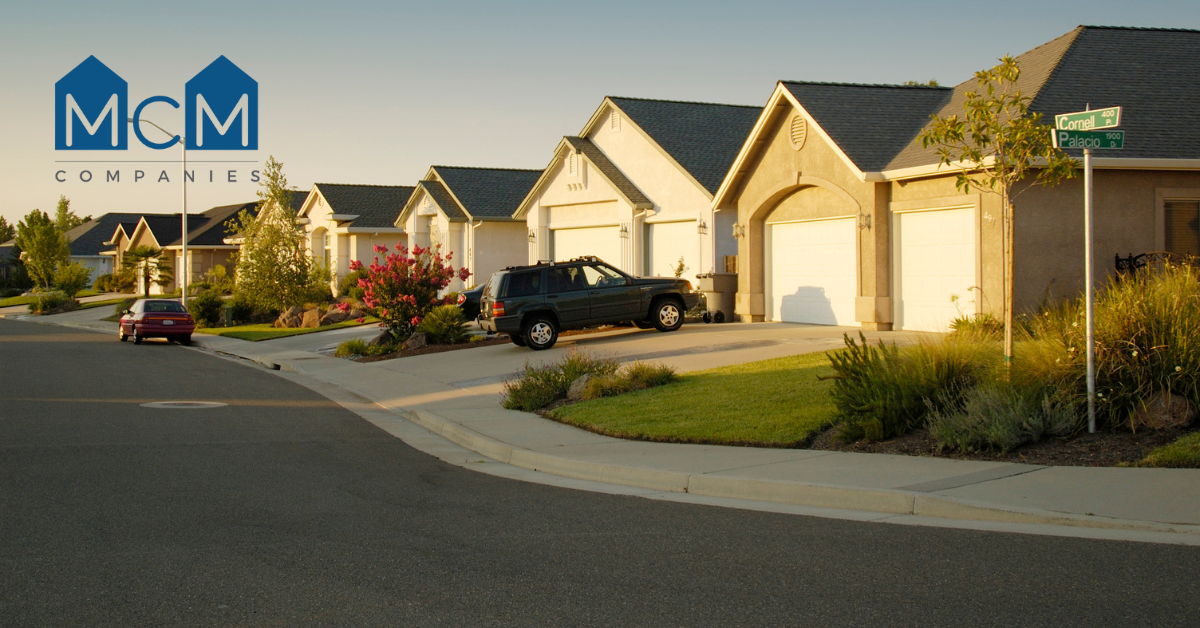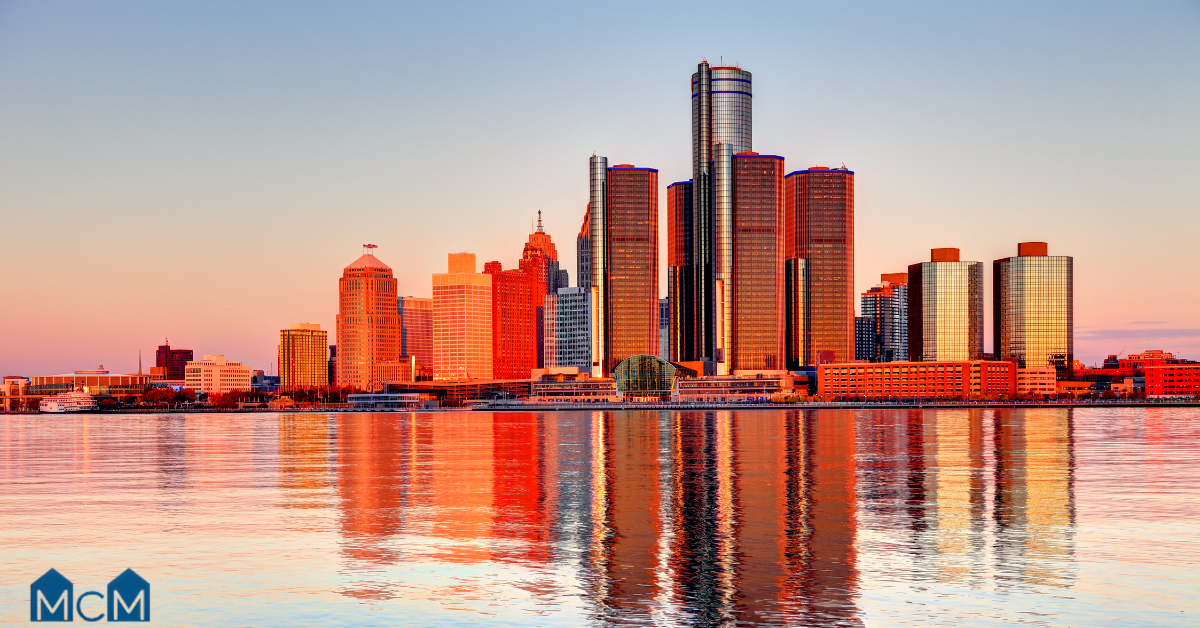Putting A Manufactured Home On Your Own Land: Is It Possible?

A manufactured home is classified as a mobile home in the United States. This means it's built to move from one place to another and has wheels.
When you buy a manufactured home, you must put it on land you own. You can't just park your new purchase anywhere or rent land from someone else and put it there—the law requires you to hold the land where your manufactured home sits.
But what if you don't want to own land? Or you want to build an accessory dwelling unit (ADU) on your property but don't have enough room for two homes. In this article, we'll take a look at how renting land works when putting up a manufactured home becomes necessary due to these situations:
Placement
You can only put a manufactured home on your land with a foundation. The law requires that you place it on a hard surface, such as concrete blocks or piers. If you don't have these materials and aren't able to buy them, your only other option is to have an engineer certify that the ground is stable enough to support the weight of your home and then request an exception from HUD (the federal agency responsible for administering FHA).
If you have the proper foundation, there are still some rules about placement. First, no matter what foundation you use, make sure it's set at least ten feet away from property lines. Second, whatever kind of foundation/decking system you go with should also be sturdy enough to support another building if you want additional space on which to build something else one day down the road—or a decade down the road!
Land Use Permits
Most counties require land-use permits for manufactured homes. A land use permit is issued by the county government and can be obtained by contacting the county's planning department or building department. Some counties will require a plan review before issuing your permit, while others will allow you to self-certify that your home meets all of their requirements.
As with any permit application, the cost varies depending on where you live and how extensive your project is, but it can easily run into thousands of dollars if there are no existing set of plans for what type of installation you would like to do (i.e., if you are building something entirely new). This fee usually covers both initial issuance and annual renewal fees; however, some states allow the option of paying an annual fee instead of having two separate payments made every year.
Codes and Standards
You should check with your local code and standards boards as well. They may require that your manufactured home be hooked up to the municipal water and sewer systems, or they may require you to build it on a concrete foundation.
In addition, if you plan to live in your manufactured home for an extended period of time (like years), you will want to make sure that it complies with all applicable zoning laws. Some cities allow single-family homes to be placed on lots of a certain size, while other cities limit the number of unrelated people allowed on those lots or outright ban them altogether. These regulations vary widely depending on where your land is located, so check with your local zoning board before buying a piece of land and building a manufactured home there!
You should also ensure that any future construction projects are compatible with what's already been built in the area - this can save you some headaches down the road! For example: If there are several houses on one street within walking distance from each other, then consider putting multiple bedrooms upstairs instead. Or go through each room individually (living room first, then kitchen next) until everything matches up correctly? Just food for thought :)
Conclusion
The laws governing the legality of placing a manufactured home on your land are complex and vary from state to state. You should always talk to a lawyer or real estate agent before proceeding with any plans. Still, there are a few basic guidelines that can help you determine if putting a manufactured home on your land is possible.
.svg)





